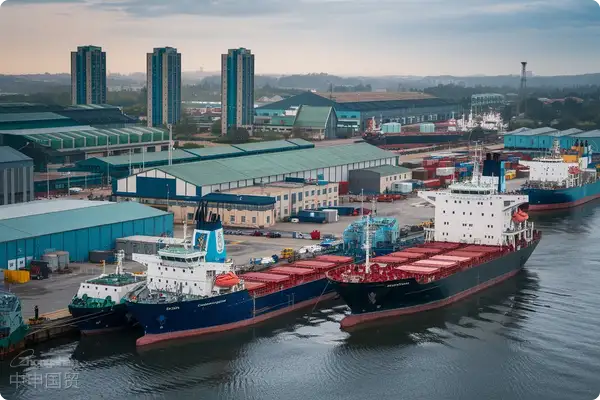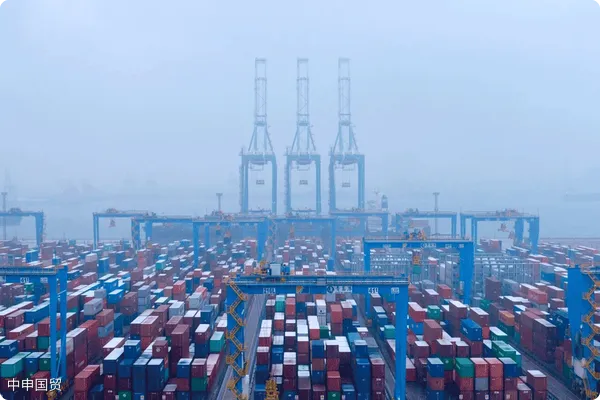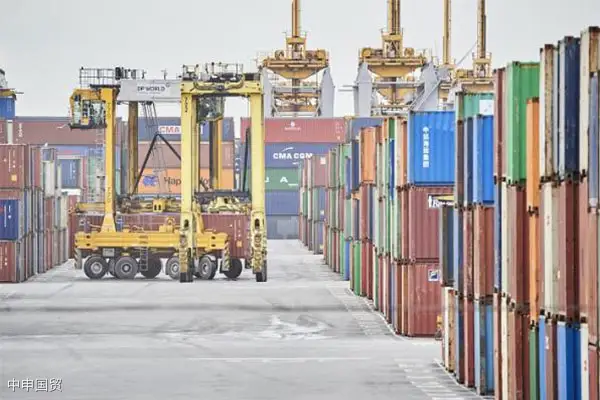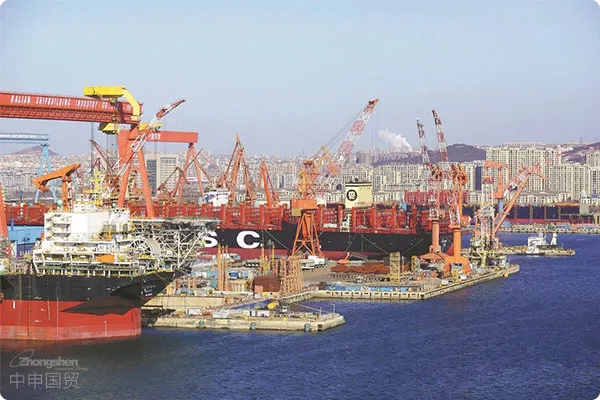- Shanghai Zhongshen International Trade Co., Ltd. - Two decades of trade agency expertise.
- Service Hotline: 139 1787 2118

I. Hydrogen Waterequipment. For example, Indonesia has the SNI certification, Thailand has the TISI certification, and the Philippines has the BPS certification. It is necessary to confirm in advance the equipment voltage (such as 380V/50Hz in Thailand), the compatibility of the CE certification, and the proof of environmentally friendly materials.Market Status Perspective
The global hydrogen health industry is projected to exceed $32 billion in 2025, with Chinese market demand for imported equipment maintaining annual growth above 18%. The unit value of medical-grade hydrogen water generators generally exceeds $25,000, involvingCustoms commodity classification,Medical EquipmentRegister,pressure vessel regulationsmultiple compliance requirements. Recently, a Shenzhen enterprise had 3 units detained at port for 37 days due to HS code misclassification, causing direct losses over 120,000 yuan.
II. Four Core Values of Professional Agency Companies
- Accurate Commodity Classification:
- Distinguish declaration differences between medical equipment (9018) and household appliances (8509)
- Connection with pressure vessel special equipment certification for electrolyzers
- Tariff Optimization Solutions:
- Tariff reduction strategies for Japanese equipment under RCEP
- Feasibility analysis of split declaration for key components
- Testing and Certification Closed Loop:
- Connection between FDA/CE certification and domestic cosmetic hygiene approval
- Compliance verification with GB 4706.1 electrical safety standards
- Minimum Bending Radius Marking
- International certification for precision instrument shockproof packaging
- Cost control model for constant temperature and humidity transportation
III. Comprehensive Risk Prevention Guide for Import Process
When a Jiangsu agent imported German equipment in 2024, failure to conductChinese label compliance reviewin advance resulted in entire shipment rejection. Professional agencies should establish risk control nodes in the following areas:
- Contract signing phase: Clarify CE certification version (new standards will be mandatory in 2025)
- Pre-shipment inspection: Pressure vessel wall thickness measurement data collection
- Port declaration: Technical verification of electrolysis efficiency parameter consistency with declaration
IV. New industry compliance trends in 2025
According to the latest consultation document from the General Administration of Customs, hydrogen water equipment imports will face three major changes:
- Japanese-made equipment requiresNuclear contamination test certificate(Effective January 2025)
- Medical-use equipment mandatory requirementsClinical trial data filing
- EUs new PPE regulations specify clear requirements for operation interface language
V. Practical case: Breaking through customs clearance difficulties
A Shanghai trading company encountered classification disputes when importing Korean hydrogen water equipment:
- Initial declaration: 8509.80 (other household appliances) tariff rate 8%
- Customs query: Possibly classified as 9018.90 (medical equipment) tariff rate 4%
- Key breakthrough:
- Submit equipment output concentration test report (<1.6ppm)
- Manufacturers statement removing medical efficacy claims
- Finally cleared as household appliances, saving $23,000 in tariffs
Related Recommendations
? 2025. All Rights Reserved. Shanghai ICP No. 2023007705-2  PSB Record: Shanghai No.31011502009912
PSB Record: Shanghai No.31011502009912










